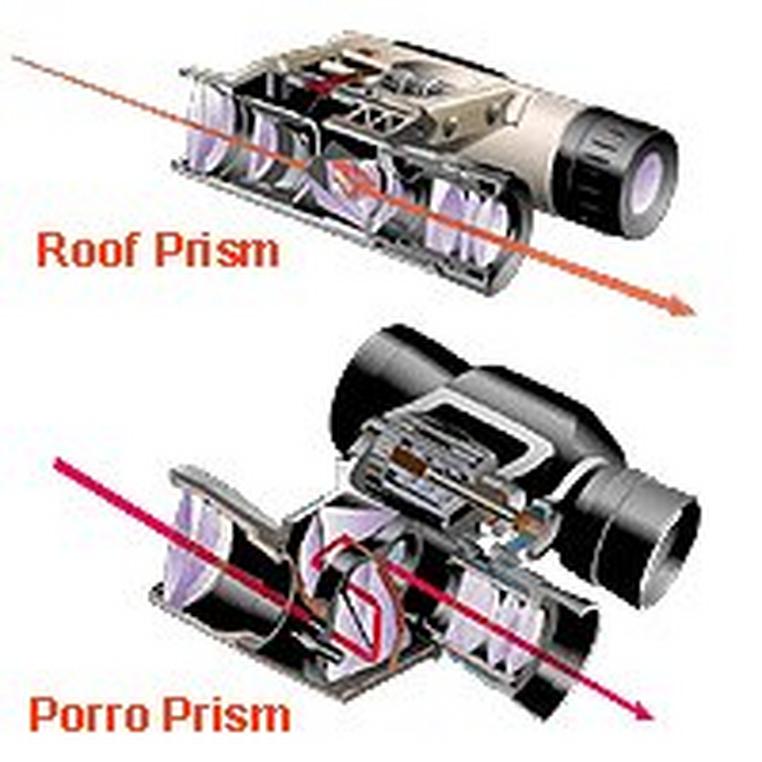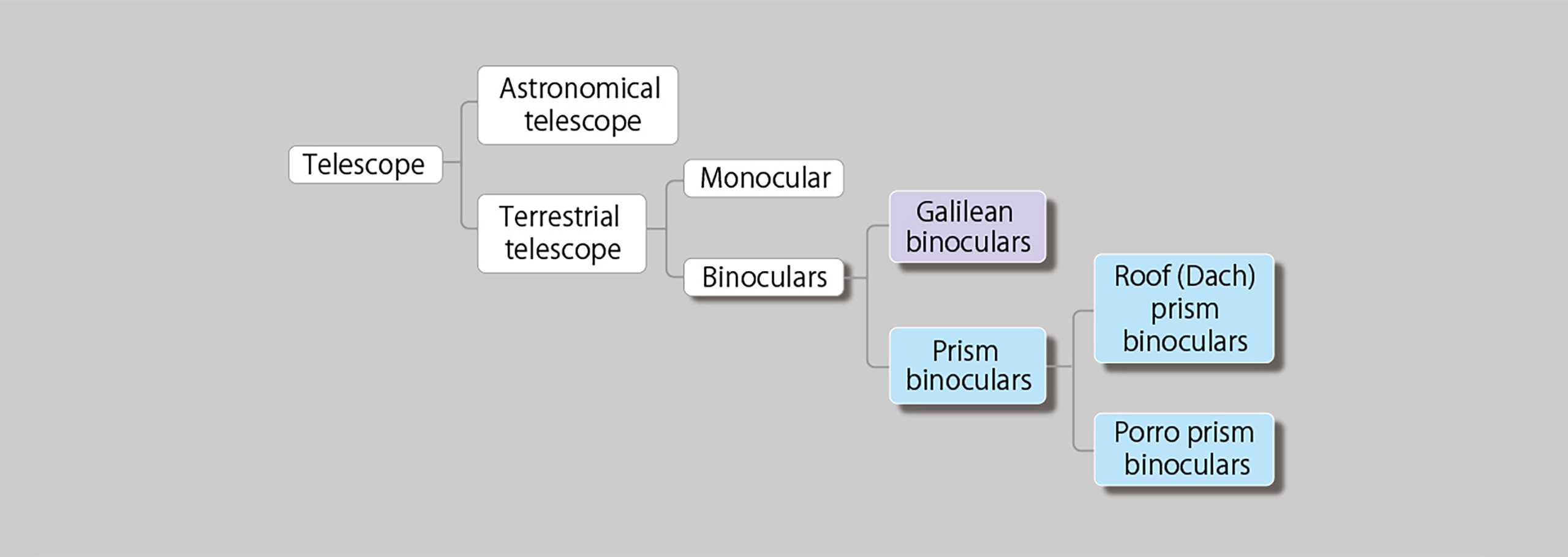Leading 10 Binoculars for Nature Lovers and Wild Animals Onlookers
Wiki Article
The Value of Binoculars in Education And Learning and Scientific Research Study: How These Optical Instruments Add To Knowing and Expedition
The integration of field glasses right into instructional settings and clinical research study is usually overlooked, yet their contribution to boosting observational skills is substantial. In disciplines ranging from environmental science to astronomy, field glasses serve as important tools that promote inquiry and critical thinking.Enhancing Observational Abilities
In educational and research study settings, making use of binoculars substantially improves observational abilities amongst trainees and practitioners alike. These optical tools help with a much deeper understanding of remote topics, making it possible for customers to observe information that would otherwise stay hidden. By using field glasses, learners can analyze wild animals, astronomical phenomena, and geological developments, cultivating an extra extensive link to the subject issue.Field glasses serve as crucial devices in field studies, encouraging pupils to involve actively with their environment. Through boosted monitoring, they can gather information better, leading to boosted logical skills. This hands-on experience permits the advancement of crucial reasoning, as trainees must analyze what they see and associate it to theoretical knowledge.

Bridging Theory and Method
Observational abilities developed with the usage of binoculars naturally cause an extra extensive integration of academic expertise with practical application. By participating in direct monitoring, students can transform abstract concepts right into substantial experiences. This synergy fosters a deeper understanding of scientific concepts as pupils link theoretical frameworks with real-world phenomena.As an example, when studying bird biology, students can apply their knowledge of bird makeup and behavior with the lens of field glasses, observing characteristics such as plumage variant, feeding behaviors, and migratory patterns. This direct interaction not only strengthens theoretical ideas however likewise cultivates essential reasoning and logical abilities.
In addition, using field glasses urges students to develop hypotheses based on their monitorings, therefore boosting their clinical questions abilities. They can actively evaluate these hypotheses in the area, bring about an extra experiential understanding atmosphere that promotes curiosity and expedition.
Fundamentally, field glasses function as a vital device in bridging the gap in between classroom learning and fieldwork - Binoculars. They encourage trainees to end up being active individuals in their education, urging an all natural method to understanding the environment and its intricacies. Thus, the assimilation of theory and practice is critical for promoting educated and engaged students
Applications in Environmental Science
Using field glasses in ecological science improves the ability to observe and examine communities with better accuracy. These optical tools are vital for conducting field studies, enabling scientists to check wild animals link populaces, evaluate plant wellness, and evaluate habitat problems without disturbing the natural setting. Binoculars promote the identification of types at numerous ranges, allowing scientists to collect critical information on biodiversity and habits.In eco-friendly study, binoculars are vital devices for ornithologists studying avian habits and movement patterns. They enable researchers to tape-record monitorings over long durations, contributing to important longitudinal research studies - Binoculars. Furthermore, field glasses play a vital duty in habitat analyses, as they enable the detailed monitoring of plant areas and their communications within ecosystems
Ecological instructors also gain from field glasses, as these instruments improve experiential understanding possibilities. Students can engage directly with their environments, fostering a deeper gratitude for environmental systems. By integrating binoculars into educational programs, instructors can inspire the next generation of ecological researchers.
Function in Astronomy Education And Learning
Making use of binoculars in astronomy education provides an available gateway for students and lovers to check out celestial sensations (Binoculars). Unlike huge telescopes, field glasses are portable, user-friendly, and relatively low-cost, making them a suitable initial tool for observing the night skies. Trainees dig this can easily involve with the universes, promoting a hands-on learning experience that improves their understanding of huge conceptsField glasses enable users to observe a variety of holy objects, consisting of the Moon, worlds, and star collections. This access motivates expedition and monitoring, vital parts of scientific questions. Students can develop critical abilities such as data collection, monitoring techniques, and also basic astrometry. Notably, binoculars act as a bridge to more intricate astronomical tools, offering fundamental experiences that can spark much deeper interest in the field.
In instructional setups, guided binocular sessions can promote group collaboration and discussion, boosting the finding out experience. The common experience of observing celestial objects can cultivate a feeling of community among students. On the whole, binoculars play an important role in debunking astronomy, making it friendly and appealing for individuals at all degrees of education and learning.

Inspiring Inquisitiveness and Query
Binoculars not just facilitate the monitoring of holy his explanation phenomena but additionally fire up a feeling of curiosity and query amongst students. By supplying a closer take a look at remote objects, binoculars motivate students to ask concerns and explore the atmosphere around them. This device transforms easy discovering into an energetic, appealing experience, promoting a much deeper understanding of scientific principles.When trainees make use of field glasses to observe wildlife, landscapes, or astronomical objects, they establish empirical abilities that are essential for scientific query. The act of concentrating on specific details prompts them to develop hypotheses, carry out examinations, and attract verdicts based upon their monitorings. This procedure not just boosts their crucial thinking capabilities however likewise nurtures a lifelong enthusiasm for expedition.
Moreover, binoculars can bridge the gap between academic expertise and real-world application. As pupils observe sensations firsthand, they can attach class finding out to useful experiences, making education extra relevant and meaningful. Ultimately, using field glasses in instructional settings acts as a stimulant for interest, equipping students to pursue expertise with excitement and promoting a sense of wonder about the globe around them. This way, binoculars play a vital duty in motivating future generations of scientists and thinkers.
Conclusion
In summary, field glasses work as vital tools in education and learning and clinical research study, significantly enhancing empirical abilities while connecting the space in between theoretical understanding and practical application. Their varied applications in areas such as environmental scientific research and astronomy highlight their significance in fostering inquisitiveness and questions among pupils. By facilitating thorough exams of far-off subjects, field glasses not just motivate the following generation of scientists however also cultivate an extensive appreciation for exploration and the scientific method.Report this wiki page